Honoring Public Transit Heroes this Black History Month
February 5, 2020
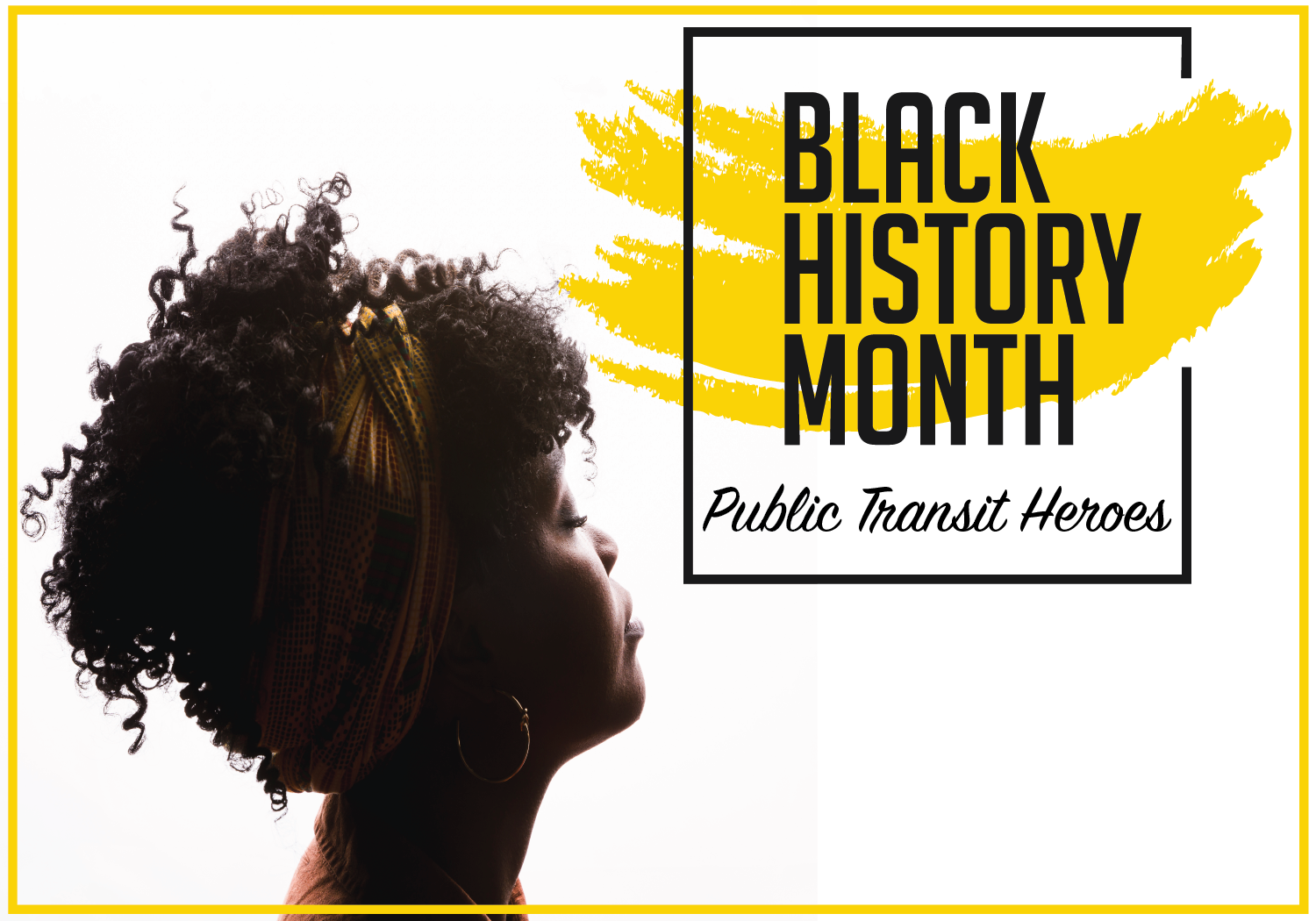
February is Black History Month, and we would like to highlight just a few of the many great African-American inventors who helped shape public transit into what it is today! African-Americans have pushed the transit industry forward and are often the unsung heroes of the industry. Honoring these inventors during Black History Month and every month is a vital step to remembering their contributions. Read on to learn about some of these transit heroes.
Granville T. Woods (Invented the Induction Telegraph)
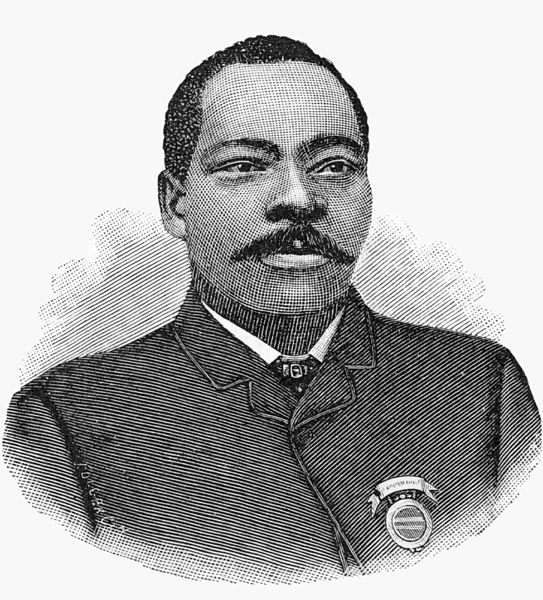
Granville T. Woods had many experiences throughout his life that aided him in creating inventions, such as working as a railroad worker and engineer. In 1876, Woods started taking courses in engineering and electricity in New York City. After taking courses, Woods worked for the Jackson and Pomeroy Railroad Company, followed by the Dayton and Southeastern Railway Company.
In 1887, Woods invented the multiplex telegraph, also known as the induction telegraph. The induction telegraph allowed men to verbally communicate over telegraph wires. This new form of communication helped speed up the relay of important messages which ultimately helped in the prevention of train accidents.
Andrew Jackson Beard (Invented the Jenny Coupler)
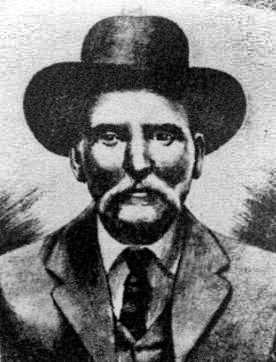
Throughout his life, Andrew Jackson Beard invented many things. In 1881, Beard patented his first invention, which was an improvement to the double plow. In addition to his double plow invention, Beard also patented two rotary steam engine designs. The invention of Beard’s that would impact transit came later in 1897 and is known as the Jenny Coupler.
Beard’s idea for the Jenny Coupler sprouted after he lost his leg while trying to hook two railroad cars together. The process of hooking railroad cars together was once done by a person manually putting a pin into a link between the two cars. However, the Jenny Coupler allowed two cars to connect simply by bumping into each other. Beard’s invention of the Jenny Coupler revolutionized railroad safety.
Elijah McCoy (Invented the Automatic Lubricator)
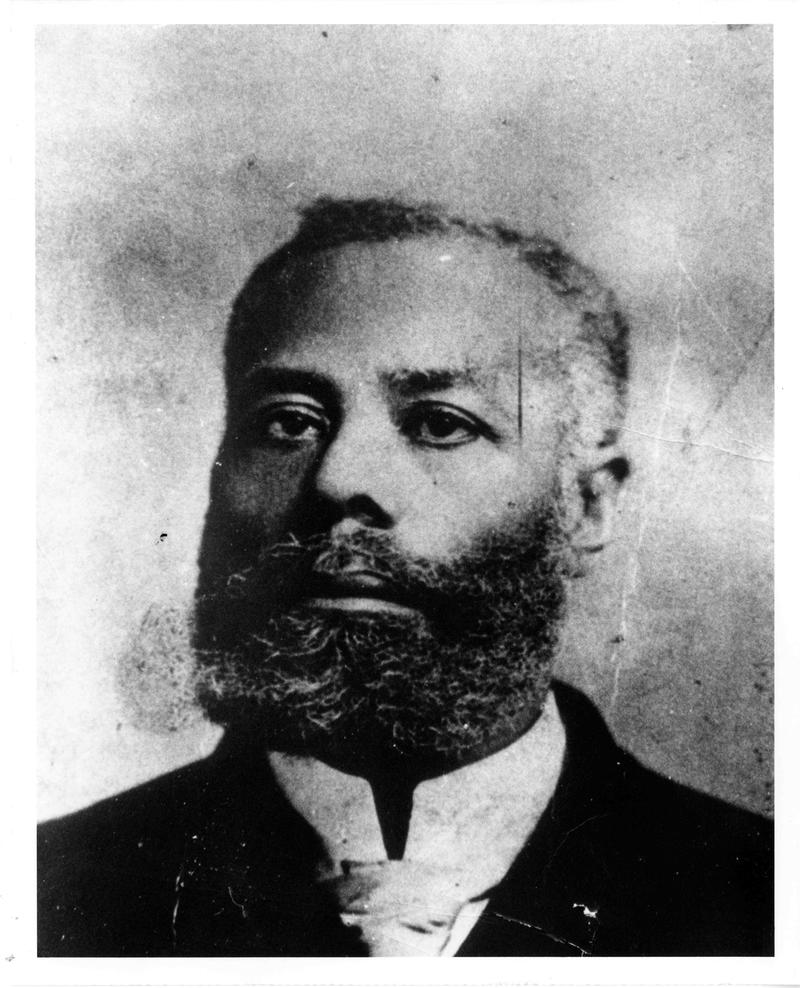
At the young age of 15, Elijah McCoy went to Scotland for an apprenticeship in mechanical engineering. Upon his return to the United States, McCoy could not find a job in engineering due to racial barriers. McCoy started working as a fireman and oiler for the Michigan Central Railroad. During his time working for the Michigan Central Railroad, McCoy noticed trains needed to stop periodically to be lubricated so overheating could be minimized.
After realizing this in 1872, McCoy invented an automatic lubricator for steam engines which allowed trains to travel for longer periods of time without having to stop for maintenance. Elijah McCoy’s invention of the automatic lubricator helped shaped the transit system today.
Garrett Morgan (Invented the Three-Position Traffic Signal)

In 1923, Garrett Morgan invented the three-position traffic signal we all know today as the green, yellow, then red traffic lights that help drivers know when to stop at intersections. Morgan got the idea after witnessing an accident between an automobile and a horse-drawn carriage. The accident was the result of a two-position only traffic signal not having an additional signal that let the drivers know when they were on the verge of needing to come to a stop.
Garrett Morgan’s invention of his three-position traffic signal allowed drivers to have time to clear the intersection before the opposite intersection entered it. This resulted in safer roadways and fewer accidents.
Thank you to all the public transit heroes who have contributed to public transit. Public transit would not be where it is today without all of you! What other African-American heroes are you honoring this month? Let us know in the comments below.
More Rider Tips

5 Back to School Tips for Students When Riding in the Cold
January 19, 2021
It’s no surprise Texas winters can get pretty rough, especially for students coming back to school. Whether you’re commuting on foot, train or bus, it’s important to be prepared for what Mother Nature may bring. From rain to.

Sign up for Updates
"*" indicates required fields











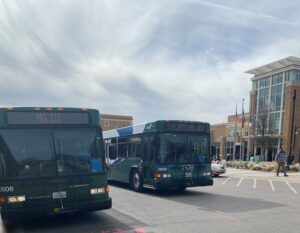

 Follow us on Twitter
Follow us on Twitter